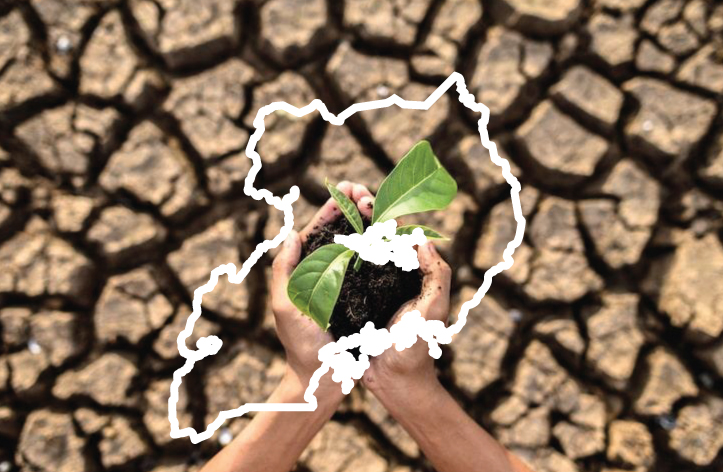As Uganda embarks on its ambitious energy journey walking the tightrope between oil development and renewable expansion, one critical element must not be sidelined: labour. The story of transition is not just about infrastructure, technology, or emissions. It is about people; -about the workers who will build this future, those who risk being left behind, and those who must be empowered to lead.
Too often, the energy transition is spoken of in abstract terms, percentages, targets and timelines. But transition is not a theory. It is lived. And in Uganda, where youth unemployment remains high and formal labour opportunities are scarce, the promise of jobs is not a bonus, it is the very foundation on which a just transition must stand.
Oil and gas projects like Tilenga, Kingfisher, and the East African Crude Oil Pipeline have already begun to transform the employment landscape. Thousands of Ugandans are being trained and absorbed into the value chain: -from welders and technicians to environmental specialists. Institutions like the Uganda Petroleum Institute Kigumba (UPIK) have become pivotal spaces for technical skills development, producing graduates capable of meeting international standards. But for this momentum to be sustained, investment in skills must be intentional and future-focused.
It is not enough to train for today’s oil jobs. We must anticipate tomorrow’s energy economy. That means equipping workers especially youth and women for roles in solar installation, hydro plant maintenance, green technology, and environmental governance. A just transition must ensure that as fossil-based industries eventually phase down, new green jobs are ready to absorb labour. The risk of dislocation is real, especially for communities whose livelihoods have depended on traditional energy sectors or informal labour tied to charcoal and firewood. Planning for transition must therefore begin now not when it is too late.
The opportunity lies in integration. Uganda can leverage oil and gas revenues to invest in education, local content development, and green industrialisation. Local enterprises must be supported to thrive within energy supply chains, from manufacturing components to providing services. Workers’ rights must be safeguarded across the board whether in extractive industries or renewable projects with fair wages, safety standards, and social protections in place.
More broadly, this is a chance to reimagine the role of labour in development. Not just as beneficiaries of growth, but as partners in shaping it. The energy transition offers a rare moment to create a new social contract, one where work is dignified, inclusive, and anchored in national priorities. It calls for collaboration between government, industry, civil society, and academia to ensure that no one is left behind.
As Uganda races toward its Net Zero ambitions and regional energy leadership, let us not lose sight of the hands that will build the pipelines, wire the grids, plant the trees, and manage the power plants. Because if the energy transition is to succeed; – not just in technical terms, but in human terms, it must work for workers.
Labour is not a footnote in this story. It is the headline.


